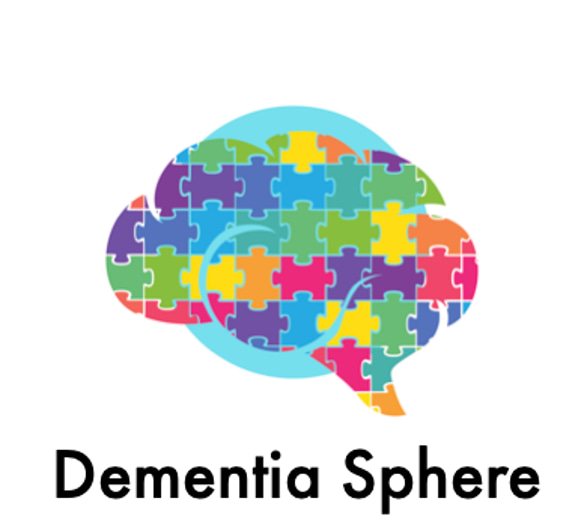3. The catalytic events that possibly triggered her dementia
Nazia


On December 6th, 2007, my maternal uncle passed away in India. We knew that he had very few days left on this earth, but mum was unable to visit him before his passing or attend his funeral as she couldn’t find short term care for my sister. I believe this was a blessing in disguise, as less than a month later, on January 1st, 2008, my sister passed away. Had my mother gone to India she would not have been with my sister during her passing and that would have bothered her no end. Whilst my sister’s and uncle’s deaths took a toll on her, what devastated her more was the loss of my father precisely 3 months later. I know this because I asked her which loss she had found the most difficult to deal with. In the space of 4 months, our nuclear family had been decimated and torn apart. I believe that this was the turning point in our lives and probably the catalyst to her demise.
Soon after my father’s passing relatives in India and others in the community in London made it very clear to my mother, that I should return home to look after her. South Asian society’s expectations are that children will look after their parents and move back home especially when a tragedy like this happens. I’m not saying that western society does not have the same expectations but the pressure for South Asian children to conform to societal norms and opinions is much greater as there is a tendency to care about what other members of the community think. Any behaviour that is not in line with society’s cultural expectations, or a decision to do what the individual wants, can lead to the individual and family members being ostracised.
Despite pressure from family/friends, mum insisted that I get on with my life in Dubai and not even think about moving back to London. I had a good job and what was the need for me to move back home? She was living in the family home in London on her own at the age of 78 and outwardly appeared to be coping very well. She had hopes of becoming more independent, taking classes, meeting up with a few friends and generally enjoying her life, now that she didn’t have any responsibilities at home. She was able to drive so there really wasn’t anything preventing her from doing so.
However, the opposite happened, she became a recluse using her arthritis and other mobility issues to remain at home and cocoon herself. She didn’t feel like going out, meeting people and in my layperson’s opinion, became depressed. She denied she was depressed and therefore would not seek out help. The question is, would she have sought help even if she knew she was depressed? I believe that elders in the South Asian community are brought up to sort out their own problems at home with the family and not seek assistance outside. In fact, counselling and therapy are positively shunned by many families as it means talking to strangers and revealing issues within the family. It exposes them to criticism and judgement by others within the community.
It was also at this time that I noticed that visits from family friends started to dissipate to the point where my mother really had little support barring 3 families. They continued to visit periodically and at times do her grocery shopping. I remember my mother telling me that there were times when she wouldn’t see a soul for days in a row, sometimes a week. The chain lock on the front door would remain secured for days as there was no reason to remove it. It made me feel sad and I felt a sense of responsibility, duty and if I’m honest, pity towards her, given her situation.
At the time, I was living abroad in Dubai and had adapted to my ‘new’ normal life. I had a busy life; I had a job that I loved, I had friends and was in a relationship with my now husband. However, I knew and felt that my mum needed my support. So, I tried to time my trips to London when it was her birthday, the two Eid holidays and Xmas/New Year. These were important times when families usually get together and as I had no siblings, it would mean she would be spending these times alone.
I remember how our Eid festivities used to be when my father and sister were around. When I lived in London, I would take time off work and bake for days, and our house would be filled with visitors. Once my dad and sister were gone, the stream of visitors became a trickle and after the first year, we had one family visit us on Eid day until mum passed and one year nobody visited us at all as that family was abroad. I felt sad for my mother but there was little I could do for her at this point. Her life revolved around her house, praying and spending time in the sun lounge looking out at the garden which she so loved. She told me on many occasions that it was her faith that enabled her to cope with living in the family home.

Privacy Policy
Terms and Conditions